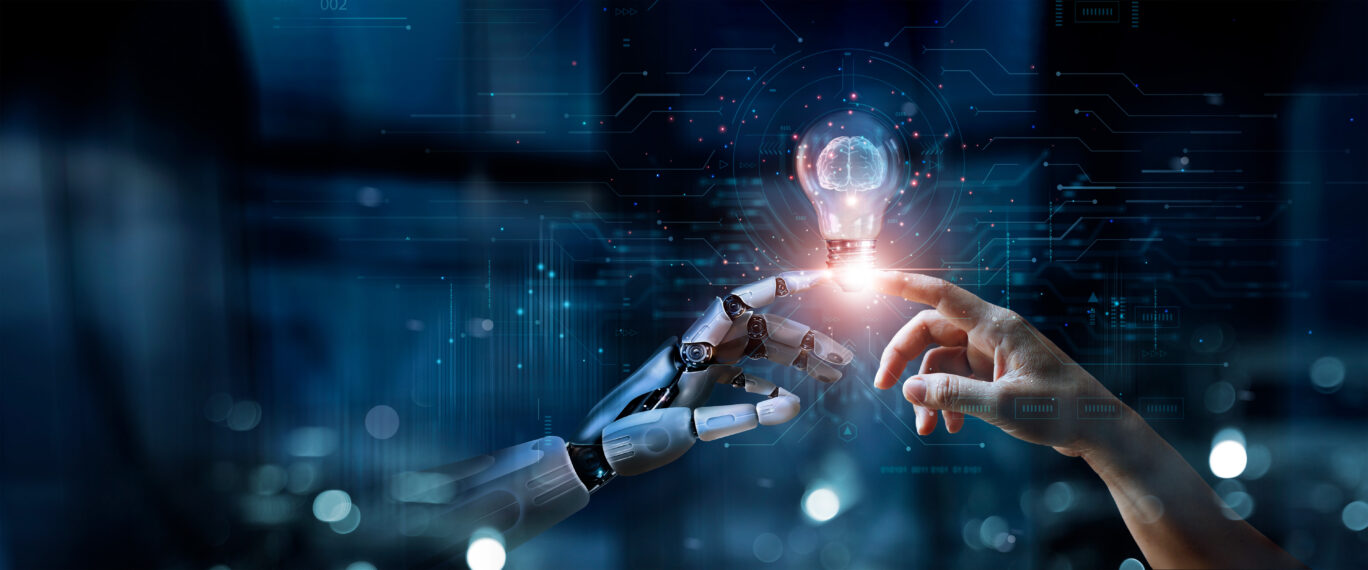Legal decision-making and the responsible use of AI in Africa: UNESCO issues guidelines

Court systems tend to have a backlog of documentation as the gathering of information and evidence is an integral part of the judicial process. Taking down witness statements, logging evidence and the requirement to submit documents throughout a court case in the form of submissions from both parties can lead to a lengthy process delaying the serving of justice. Due to this, judicial systems, particularly those in Africa, have been digitising their court systems and have been quick to embrace Artificial Intelligence (AI) tools such as ChatGPT to hasten the work of judges and magistrates in dispensing justice.
This adoption and transition, while admirable, comes with certain pitfalls that led UNESCO in 2023 to survey judicial operators in Africa to find out how AI tools were being used on the African continent in judicial spaces. The survey revealed that there are many gaps, especially in the training of these operators, which could compromise human rights, dispensation of justice and rule of law. There needs to be standardisation across the board in the deployment of AI tools so that these key elements of justice are upheld. UNESCO, therefore, developed guidelines to this effect that ensure the integrity of the judicial system is still maintained while reaping the benefits of AI.
The Guidelines for the Use of AI Systems by Courts and Tribunals outline the 13 important principles that should be followed, key of which is the protection of human rights by upholding fairness, non-discrimination, procedural fairness, and data protection. This means that AI should not reinforce bias and discrimination. It should not interfere with a fair legal process or expose sensitive information. The principles also touch on informed use, transparent use of AI and, most importantly, human oversight. The development of such systems should involve multiple stakeholders to ensure ample input from those who will be affected by using AI in the judicial system.
After discussing the key principles, the guidelines delve into the adoption of Generative AI in court systems. It is important to carry out an impact assessment before adoption and consulting. National and international laws should be followed in the development of the systems.
Cybersecurity and other internal norms should be taken into consideration when developing these systems. Judges and AI-generated documents and evidence should be marked as such for transparency. AI should not be used to generate fake evidence, and binding decisions should not be made using AI without human input.
While all these guidelines are important, various questions arise and that is why UNESCO shared the guidelines for submission of input from the public in September this year. Key amongst these issues is how to determine fake evidence from genuine evidence, given that deep fakes have been used in other situations very convincingly. Ongoing Training of staff, including judicial officers, and reporting of emerging issues is a crucial aspect of the use of these systems. So far in Africa, AI has been used for transcription services, but other more important uses exist, such as language translation.
But the disturbing aspect appears to be risk management, which can analyse the risk of granting someone bail and criminal sentencing, and predictive analysis, which reviews past rulings and case details and helps lawyers assess the chances of the case being won or lost. If used wrongly by judicial officers, unfair judgements can be issued; hence, there is a need to eliminate bias, and it is important that judicial users are aware of these problems.
The digital rollout of AI in Africa may take some time as countries continue to digitise their systems but AI use is already prevalent since Chat GPT can be used by operators even when not embedded into the court system. Without addressing these risks, a miscarriage of justice is likely to ensue. So, training does not even have to wait for court systems to be embedded with AI. Ethical training must begin now.

